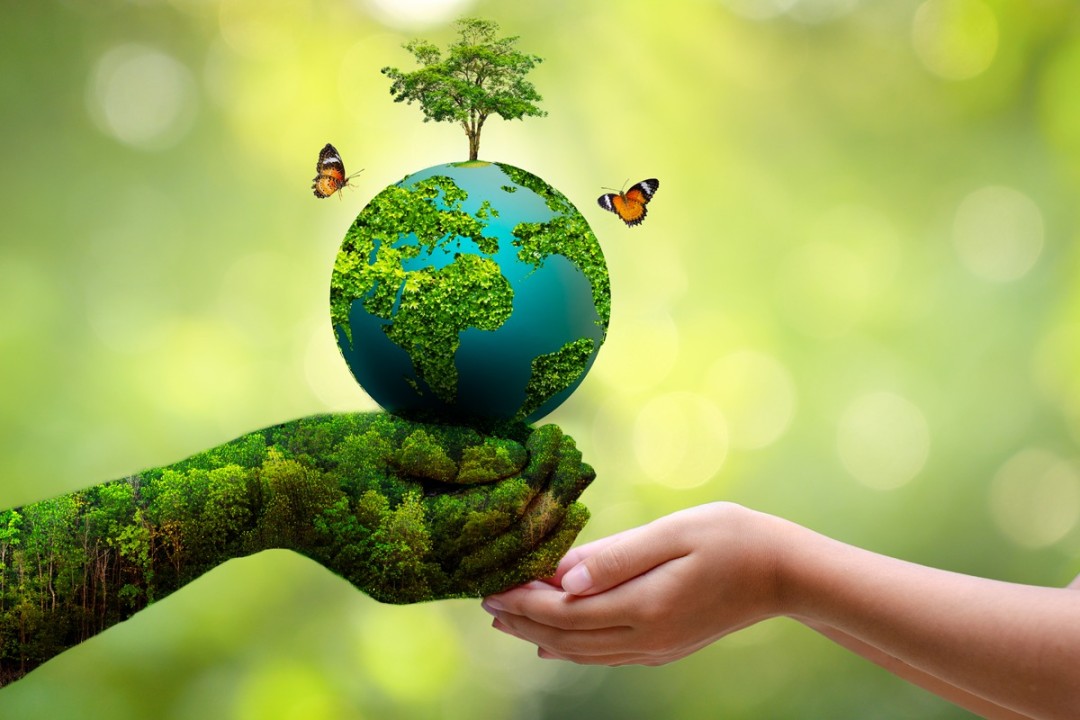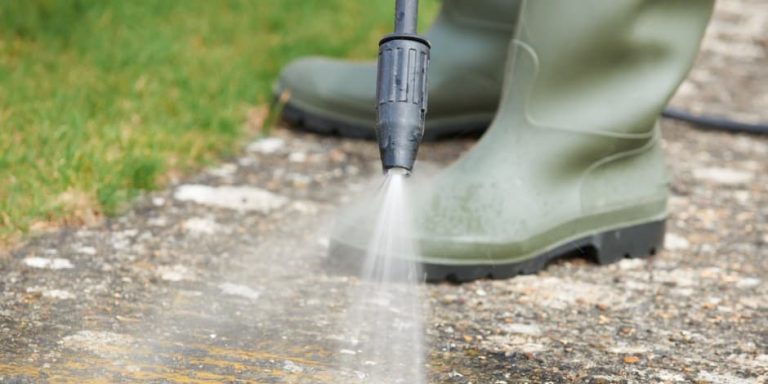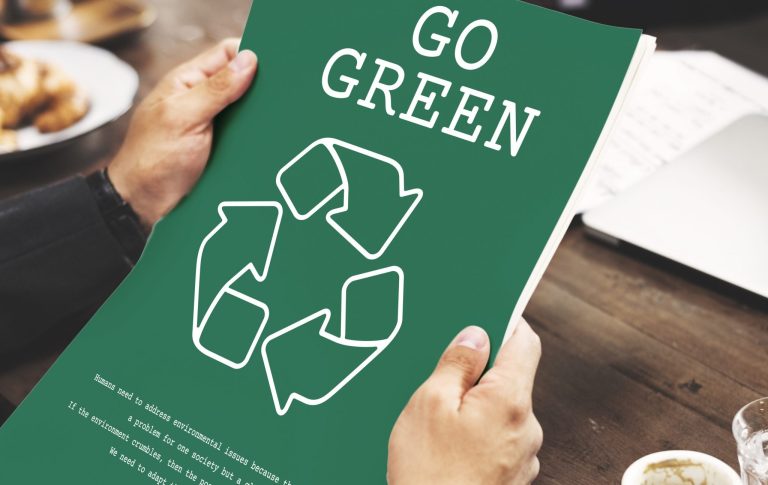
In recent years, the pressure washing industry has hopped aboard the green train—at least, on the surface. Words like “eco-friendly,” “biodegradable,” and “non-toxic” are plastered across marketing materials and product labels. But how much of it is truly sustainable, and how much is just greenwashing?
This article uncovers how environmental buzzwords are sometimes used more for branding than for real impact, and how consumers and contractors can separate genuine green efforts from clever marketing tricks. 🌱
💡 What Is Greenwashing?
Greenwashing refers to the practice of misleading customers about the environmental benefits of a product, service, or company. It gives the impression of being eco-conscious—without the practices to back it up.
In the pressure washing world, this might look like:
- Claiming to use “biodegradable detergents” without clarifying degradation time
- Marketing services as “water-efficient” while using outdated, high-flow equipment
- Branding a business as “green” while ignoring runoff regulations or chemical disposal laws
In short, greenwashing is pretending to be clean for the planet—without doing the hard work to actually be clean. 🧼❌
🧼 Where Greenwashing Shows Up in Pressure Washing
1. Chemical Labeling Confusion 🧪
Many pressure washing detergents are labeled “non-toxic” or “green,” but those terms aren’t strictly regulated. A cleaner can be:
- Non-toxic to humans, but deadly to aquatic life
- “Biodegradable” in a lab setting, but not in storm drains
- Diluted just enough to pass safety thresholds, but still environmentally harmful
Always check for third-party certifications like EPA’s Safer Choice or Green Seal.
2. Water Conservation Claims 💧
Some companies claim they save water simply because pressure washing is “faster than manual scrubbing.” While partially true, this doesn’t always mean they’re using:
- Low-flow nozzles
- Recycled or reclaimed water systems
- Trigger controls to stop flow when not spraying
Real water-saving efforts require equipment upgrades and usage monitoring, not vague comparisons.
3. Recycled Water Deception ♻️
It’s become trendy to advertise “using recycled water,” but many companies don’t explain:
- Where the water is recycled from
- How it’s filtered or treated
- Whether they use it consistently or only for certain jobs
In some cases, it may just be gray water from other cleaning processes—not truly recycled or safe for runoff.
4. Token Eco-Initiatives 🌍
A pressure washing company might tout planting trees or donating to green charities, which is great—but doesn’t make the core service environmentally safe.
Sustainability needs to happen on-site—in how waste is managed, equipment is used, and chemicals are handled—not just on social media.
🧾 The Real Cost of False Claims
Greenwashing doesn’t just mislead consumers—it can cause real environmental damage.
- Harm to marine ecosystems through unfiltered runoff
- Soil damage from alkaline or acidic detergents
- Increased water use in drought-prone regions
- Misuse of “eco” products that still pose toxic risks to wildlife
It also undermines trust in truly sustainable businesses, making it harder for ethical operators to stand out.
✅ What Real Sustainability Looks Like in Power Washing
To know if a company or product is genuinely eco-friendly, look for the following signs:
1. Certifications and Compliance 📜
- Are their chemicals certified by the EPA’s Safer Choice or similar programs?
- Do they follow local runoff laws and filtration guidelines?
- Are staff trained in environmental handling practices?
2. Water Management Systems 💦
- Use of recovery vacuums, containment berms, or filter mats
- Integration of low-flow or variable pressure equipment
- Documentation of gallons used per job or water reduction targets
3. Transparent Ingredient Lists 🔍
- Clearly labeled ingredients
- Open access to safety data sheets (SDS)
- Honest disclosures about environmental impact
4. End-to-End Green Practices 🌎
- Use of electric washers when possible
- Avoidance of gas-powered equipment unless necessary
- Consideration for wildlife, landscaping, and surrounding ecosystems
🛠️ How to Spot Greenwashing in Ads
Greenwashing often hides behind soft language. Watch out for:
| Phrase | What to Ask |
|---|---|
| “Eco-Friendly Detergent” | Is it certified? What are the ingredients? |
| “Green Clean Guarantee” | What practices back this up? |
| “Low Impact Cleaning” | Compared to what? Are there metrics? |
| “Safe for the Environment” | According to whom? Any third-party review? |
If a business can’t answer these questions clearly, they may be masking traditional practices with feel-good words. 🚩
📣 Why Accountability Matters
Greenwashing in pressure washing isn’t just a marketing issue—it’s a public trust issue. Businesses that make false claims:
- Create legal liability under consumer protection laws
- Risk fines for environmental violations
- Hurt their own brand long-term when the truth surfaces
On the other hand, transparency and verified green practices help companies:
- Build credibility
- Attract eco-conscious customers
- Create long-term business value
🧠 Final Thoughts
In the age of eco-awareness, it’s easy to fall for a green logo and buzzwords. But if you’re a homeowner, business, or municipality hiring a pressure washer, it pays to dig deeper.
Ask questions. Look for proof. Demand transparency. Because real sustainability doesn’t just look good—it actually does good. 🌱✅
Browse Amazon Here For Eco-Friendly Pressure Washing Detergents






